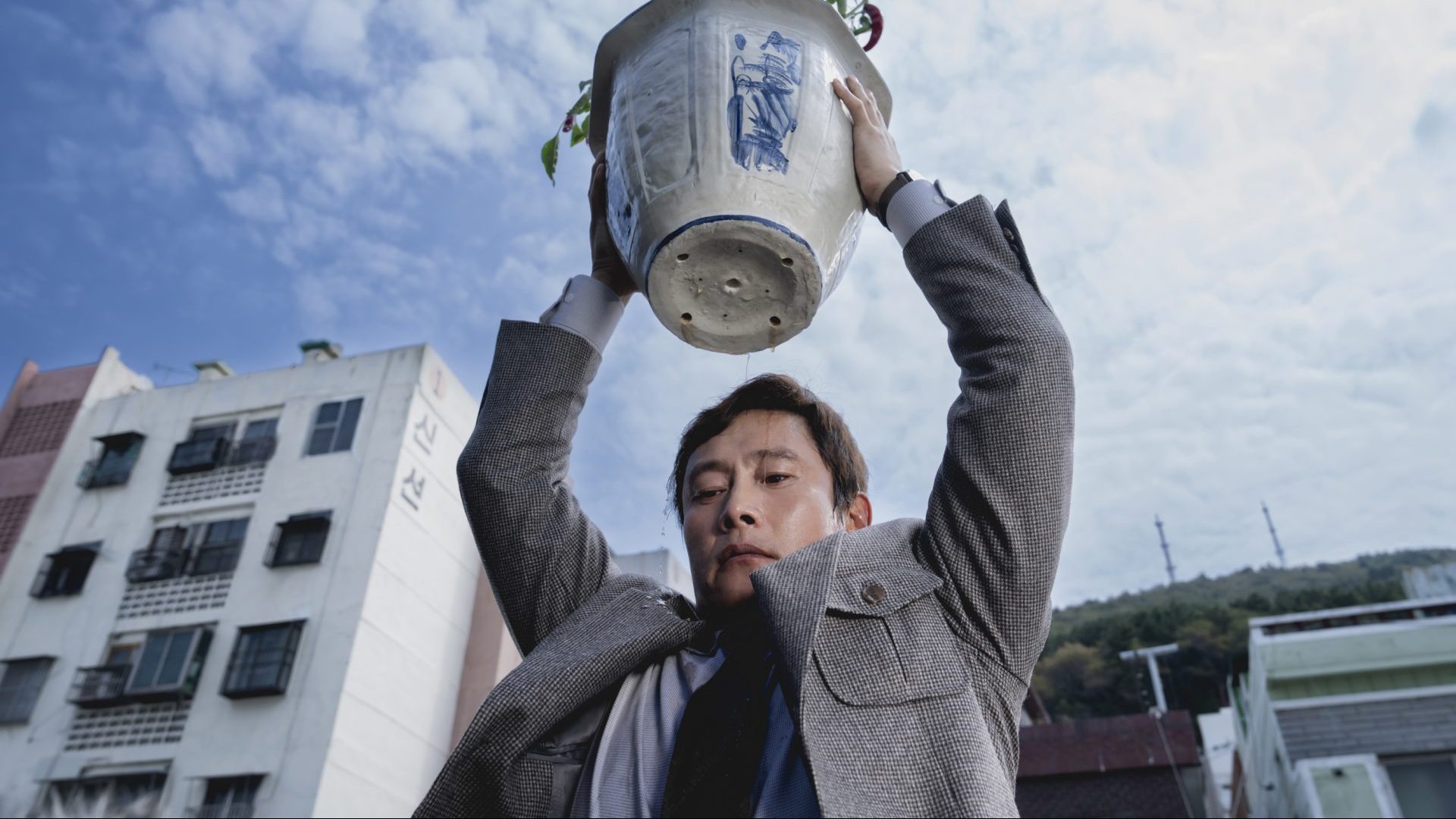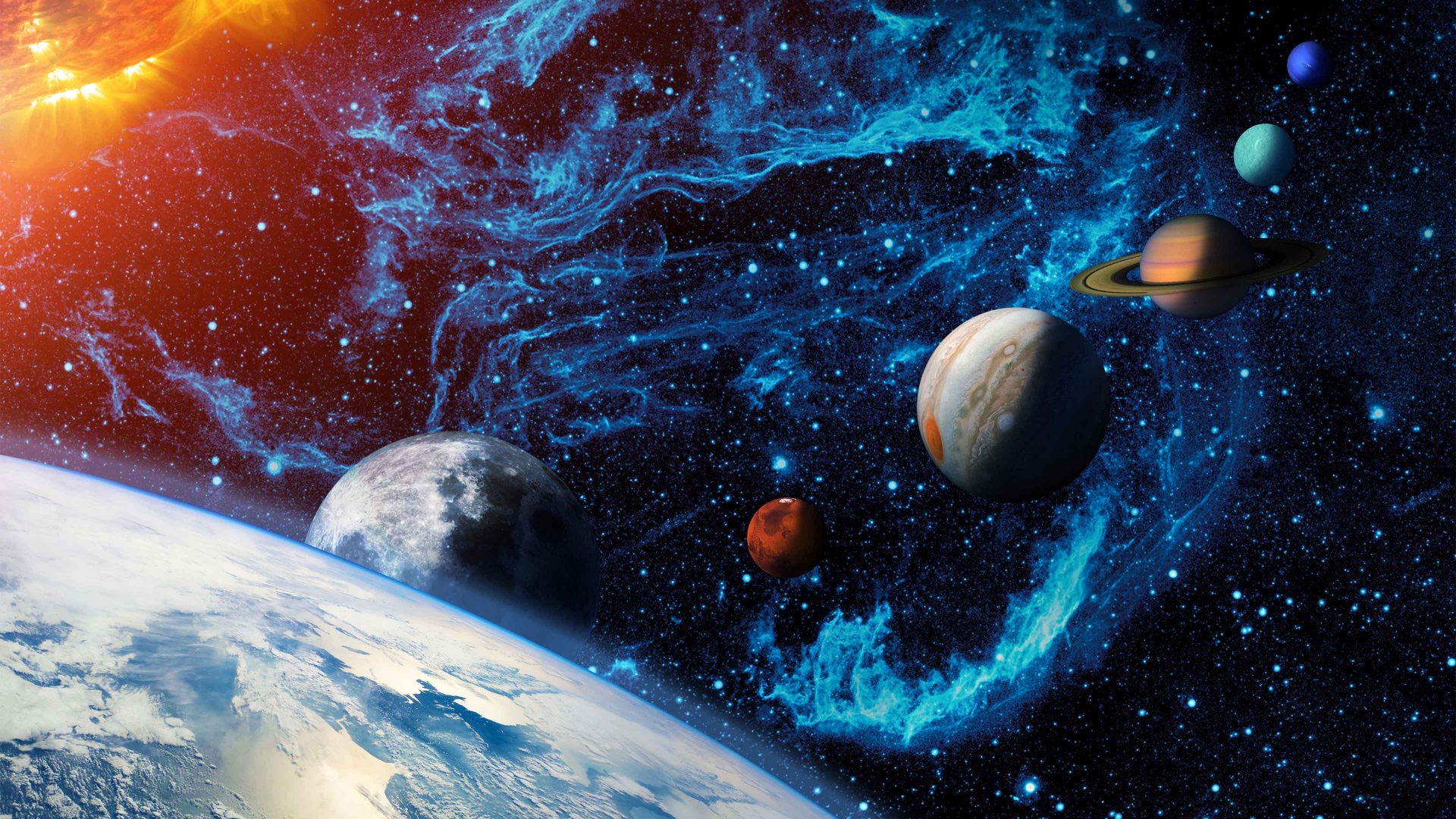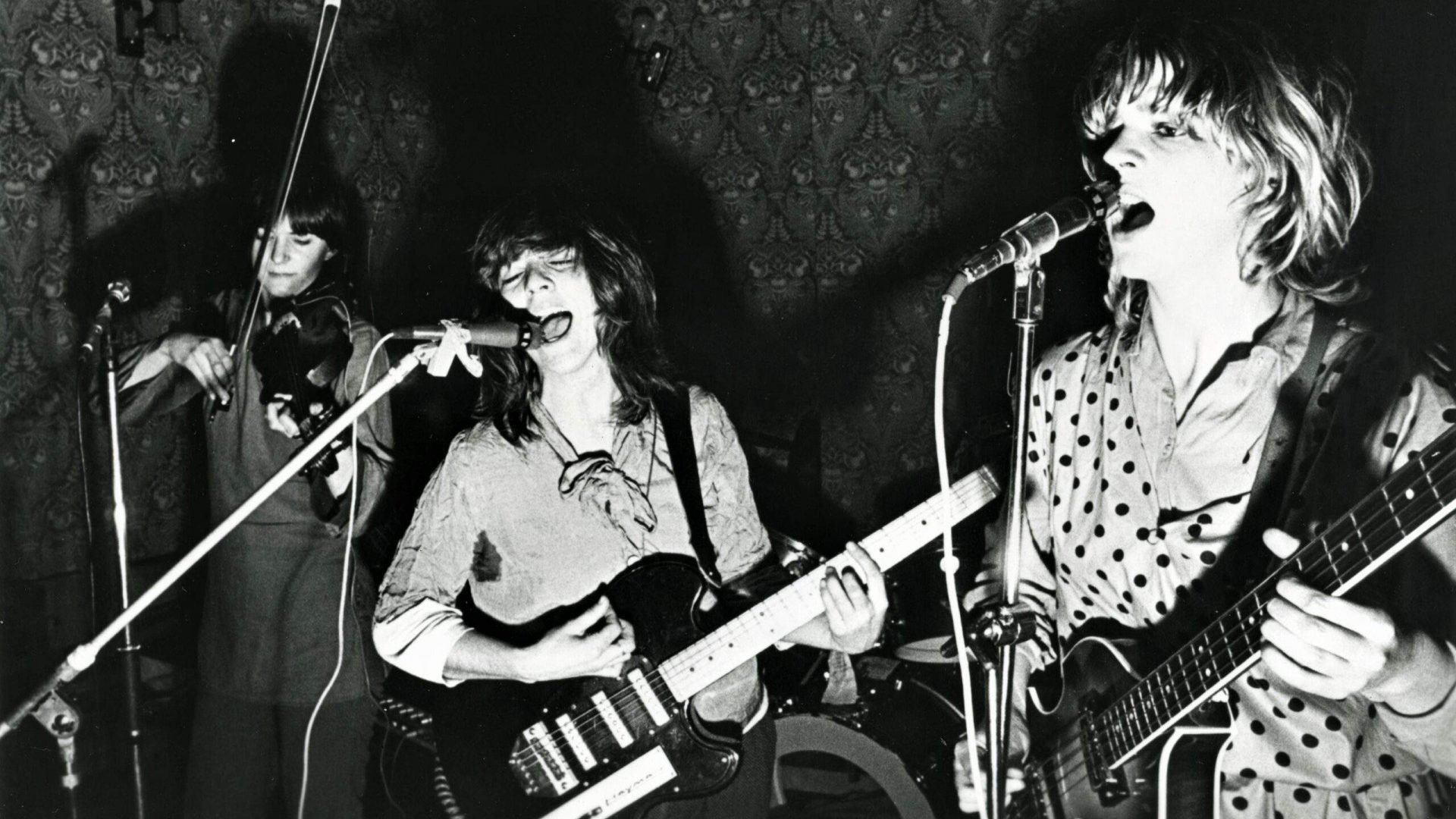The 82nd Venice Film Festival started with torrid temperatures, torrential cloudbursts and a pile-up of world cinema titles, in which there was one clear masterpiece.
Historically, the festival tends to front-load its biggest titles to avoid clashing with Telluride and Toronto, two festivals that begin in Venice’s second week. But the Lido seems to have pulled out all the stops this year, with new work from directors Yorgos Lanthimos, Noah Baumbach, Werner Herzog and Son of Saul director László Nemes all screening before the weekend, and the arrival of the monster film Guillermo Del Toro’s Frankenstein.
The festival opened with local-boy-done-good Paolo Sorrentino’s new film, La Grazia. It was a film that he was in the process of making when we spoke about Parthenope in May, and I have to say it’s a vast improvement.
Tony Servillo plays that most unicorn-y of things, an honest politician. He is a president of the republic who during his last week in office faces decisions which he’s dithering over: two pardons (la grazia of the title) and a law permitting euthanasia, to which the Catholic church is obviously strongly opposed.
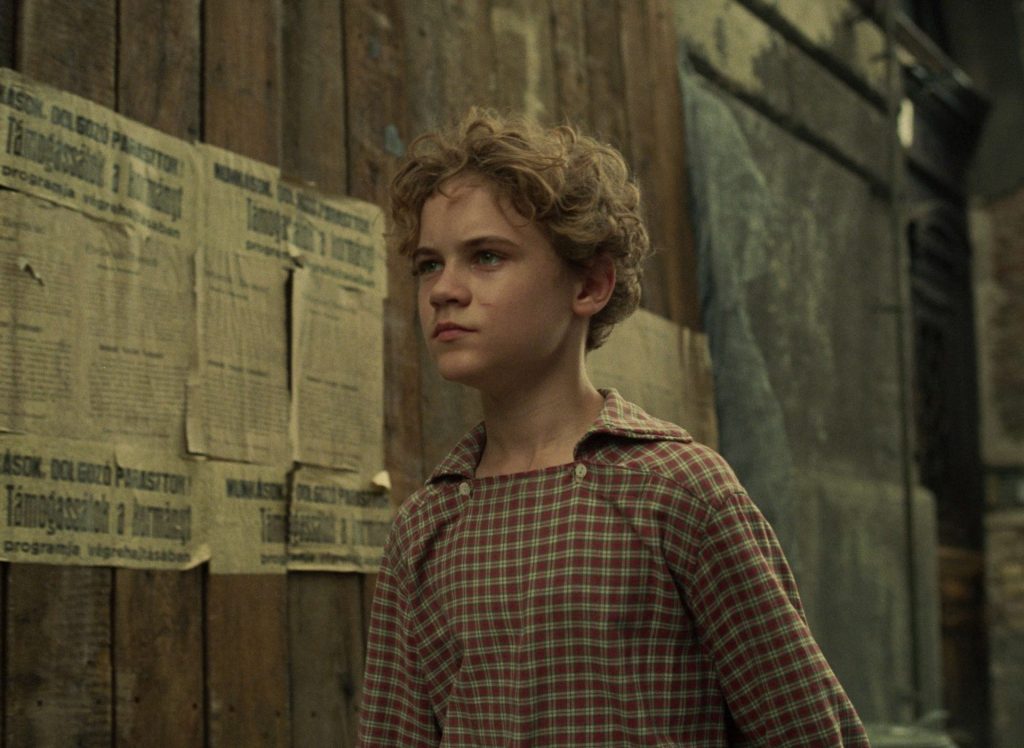
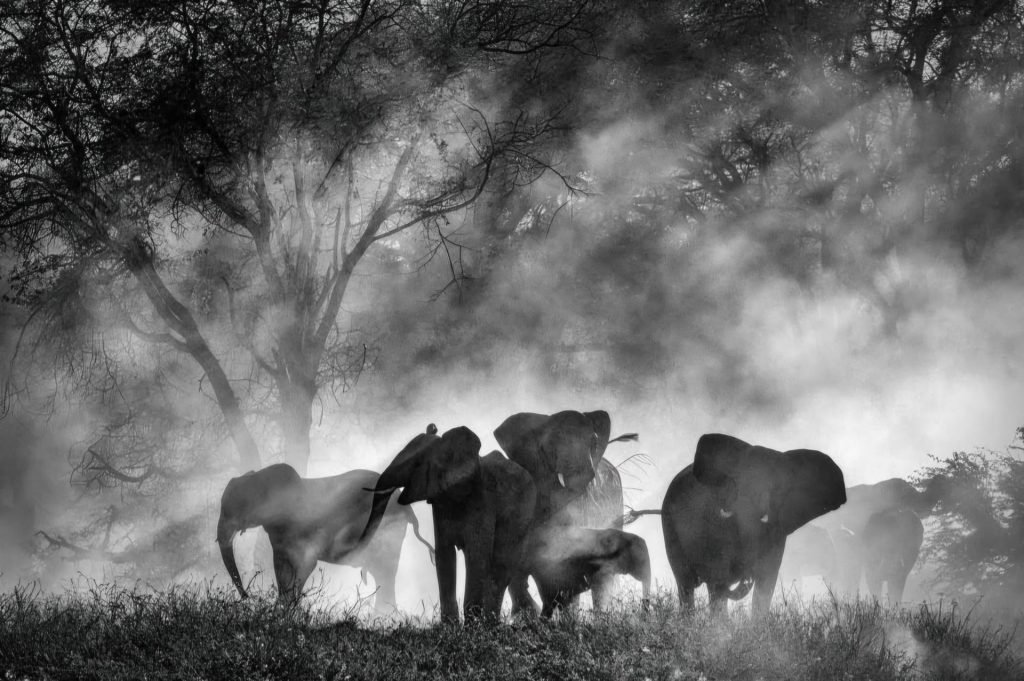
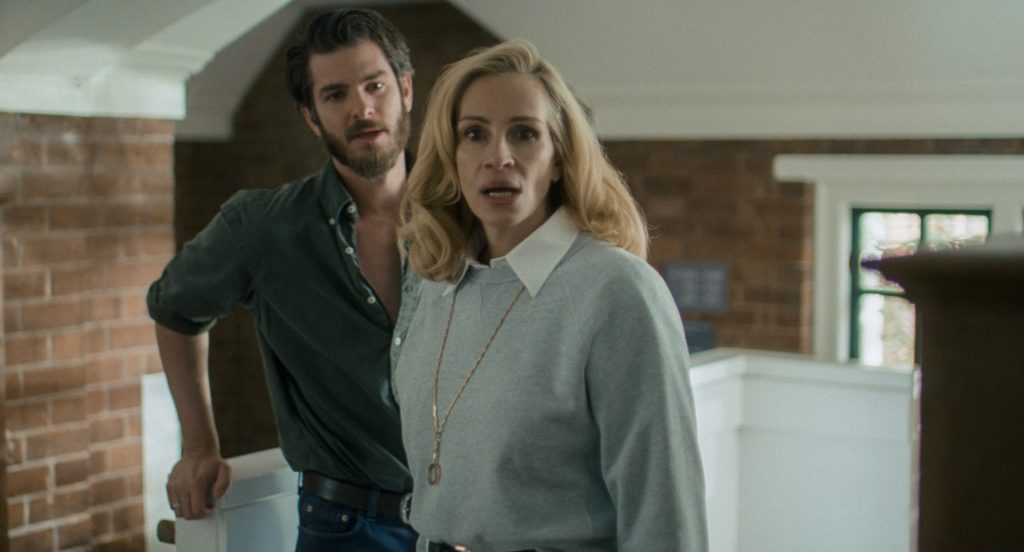
Sorrentino has previously portrayed political power as deviously Machiavellian in Il Divo and luridly self-serving as in his Berlusconi picture Loro. Here, though, he is inspired by recent Italian heads of state such as Carlo Ciampi, a former partisan, and Giorgio Napolitano, who place themselves above political parties and have been much more popular than the elected prime ministers.
Sorrentino is the Italian equivalent of Marmite (olive paste?), a master of showy exhibition whose intellectual ambition grasps rather than reaches, but La Grazia, forgoing the ample amounts of female flesh usually on display, is sober, witty and moving.
Whereas Sorrentino has for the most part stayed within the confines of Italy – with the disastrous exception of This Must Be the Place, where Sean Penn plays Robert Smith from the Cure becoming a Nazi-hunter (not as much fun as it sounds) – Luca Guadagnino has gone full Hollywood with After the Hunt, a MeToo drama. Julia Roberts, Andrew Garfield, Ayo Edibiri and Michael Stuhlbarg make for an embarrassment of riches which in the end becomes rich in embarrassment.
The fault isn’t with the performances, which are all superb – and we can add that Chloë Sevigny is wasted in the role of a therapist.
Julia Roberts plays a Yale professor of ethics whose pursuit of tenure is upset when one of her students accuses a colleague of sexual assault. It’s the kind of thing that David Mamet was grousing about in Oleanna in the 1980s, but given that Harvard and Columbia are now being defunded because of their teaching of accurate history, the film feels so outdated that it needs to add an apologetic coda to bring it minimally up to date.
With a title sequence pastiching Woody Allen and prominent music choices by Morrissey and Miles Davis, Guadagnino is on the side of the underdog Trump-types against the all-powerful trans-community. Despite all the famous faces at his disposal, Guadagnino is the real star, never satisfied with a shot unless it’s calling attention to itself.
Yorgos Lanthimos has long been a favourite of the festival. I have a personal soft spot for the misanthropic Greek because he was the first director I ever interviewed on the Lido: it was for Alps, his third film and not his best. Bugonia, however, continues the Lanthimos/Emma Stone run that has already brought us The Favourite, Poor Things and Kinds of Kindness.
Here she plays the CEO of a big company who is kidnapped by Jesse Plemons and his vulnerable cousin (Aidan Delbis) because they believe her to be an alien from Andromeda, intent on taking over the world. This is the kind of satire that if Eddington dreamt of being, it would have to wake up and apologise. We have conspiracy theories clashing with late capitalist corporate culture and the non-language of business-speak with the hyper-rationality of YouTube rabbit holes.
Suggested Reading
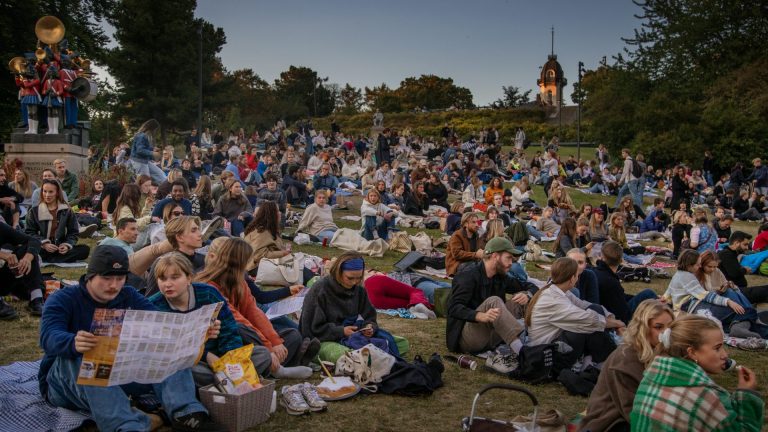

The new film capital of the world is… Oslo
The film suggests that when a country is so sharply divided, isn’t it almost as if one part has come from outer space? Have we already devolved into the Eloi and Morlocks of HG Wells’s The Time Machine?
A remake of Jang Joon-hwan’s Save the Green Planet! from 2003, the film has a violent absurdity to it and is unlikely to convert anyone unsympathetic to Lanthimos’s amused contempt for the world. He’s like Michael Haneke on poppers and I can’t help but admire him for having the courage of his lack of convictions.
In a sense, morals dominated the films screened early on, presenting dilemmas and thought experiments to investigate the possibility of righteous behaviour. This is never more true than in Park Chan-wook’s No Other Choice, the festival’s one true masterpiece (thus far).
The film starts with a perfect late summer day as Man-su (Lee Byung-hun) enjoys a family barbecue in the garden of his beautiful home. “Let the autumn come,” he says, as happy as Job he looks upon all he has with complete complacency.
Next we see him losing his job, his house is being foreclosed, his dogs are being sent to live with his parents, and every job interview ends in humiliation. Desperate, he works out a plan to kill a manager in order to free up his position, but following his own logic, he must also kill the top two candidates that are ahead of him. It is a testimony to Byung-hun’s performance that you never lose sympathy for him even as he commits the most atrocious crimes.
The film is a remake of Costa-Gavras’s film The Ax, which was itself based on Donald Westlake’s novel of the same name. On every level and in every camera movement and moment, in the choices of music and every performance, even the smallest, there is the pencil-thin touch of a master.
No Other Choice is about the tragedy of feeling compelled when you actually aren’t. There are choices. You just can’t see them because society has got you so mixed up that you feel you can’t make the choices presented to you.
There’s a despair to this society as an overwhelming loneliness takes over, human relationships are steeped in jealousy and betrayal, and our future looks as if we’ll just be wandering around, at best getting in the way of AI-operated robots. And did I mention how funny it is?
This is a worthy successor to Parasite, portraying the murderous nexus of human relationships and late capitalist society. In short, laugh it up. We’re fucked.
Werner Herzog has also been on the Lido to accept a lifetime achievement Golden Lion, and to show his film, Ghost Elephants, which is suitably brilliant, magical and funny. “I know I shouldn’t romanticise this,” he says over an image of a Kalahari elder tuning a musical instrument. “But sitting there, surrounded by chickens… it never gets better than this.” To add to general Werner joy, he’s now on Instagram as well.
László Nemes’s Orphan was disappointing. Technically impressive, but dramatically spiralling around an empty centre. A final image of a ferris wheel illuminated at night summed it up.
Noah Baumbach’s Jay Kelly is a Hollywood satire that is so gentle and self-gratifying, it feels like a handjob. George Clooney is the auto-recipient and Adam Sandler adds some elbow grease, with Oscars glittering in his tearfilled eyes. It’s like the whole film is a film within a film that you would find in a marginally better Hollywood satire.
The Venice Film Festival continues until September 6


